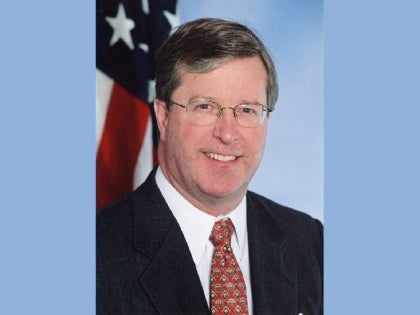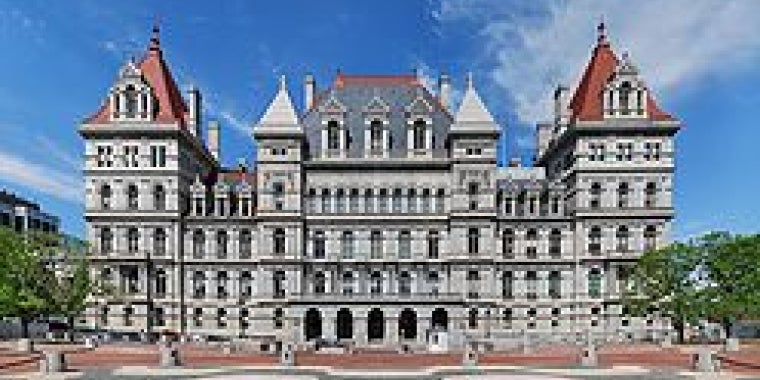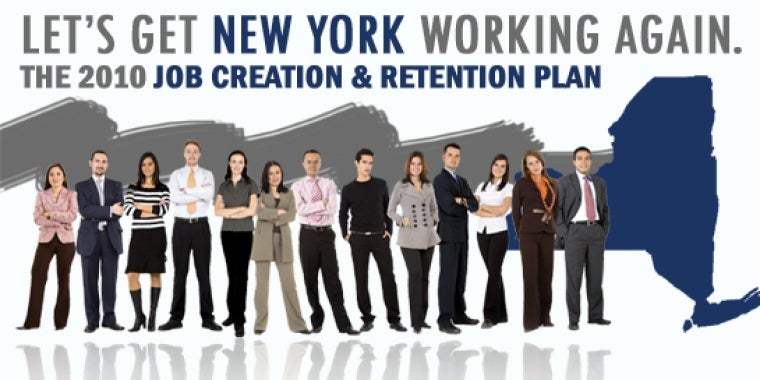
Winner Named to Rural Resources Commission

Albany, N.Y., March 16–State Senator George Winner (R-C-I, Elmira) has been appointed as a member of the joint, bipartisan Legislative Commission on the Development of Rural Resources.
“We’ve broken some important ground for the Rural Resources Commission over the past several years. I’m glad for this opportunity to stay focused on rural job creation, broadband development, local property tax relief, and other priorities for rural, upstate New York,” said Winner, who was appointed by Senate Republican Leader Dean Skelos as one of two Republican senators, along with western New York Senator Cathy Young, who will serve on the 10-member commission. The commission is comprised of five senators and five members of the Assembly.
Winner served as the commission’s chairman from 2005 until earlier this year when a new chairman was named following a change in the Senate's leadership. As chairman, Winner spearheaded the development and enactment of legislation to expand the availability of high-speed Internet service to unserved and underserved rural regions, encourage local government cooperation and efficiency as a way to hold down local property tax increases, and jump-start rural economic development, among many others. Last year Winner sponsored a new law creating the nation’s first legislatively established Center for Rural Schools at Cornell University.
Under Winner’s tenure, the commission has built a strong partnership with Cornell University, a nationally renowned leader in rural affairs. Together, beginning in 2006, they embarked on a statewide rural listening tour as the first step in the development of a comprehensive “Vision for Rural New York.”
Winner said, “The partnership between the Rural Resources Commission and Cornell University has been productive and worthwhile. We’ve worked to identify many of the short- and long-term challenges, and now we need to keep working at it. The Rural Resources Commission is one of the last voices for rural, upstate communities in a government now dominated by downstate, big city influences.”



